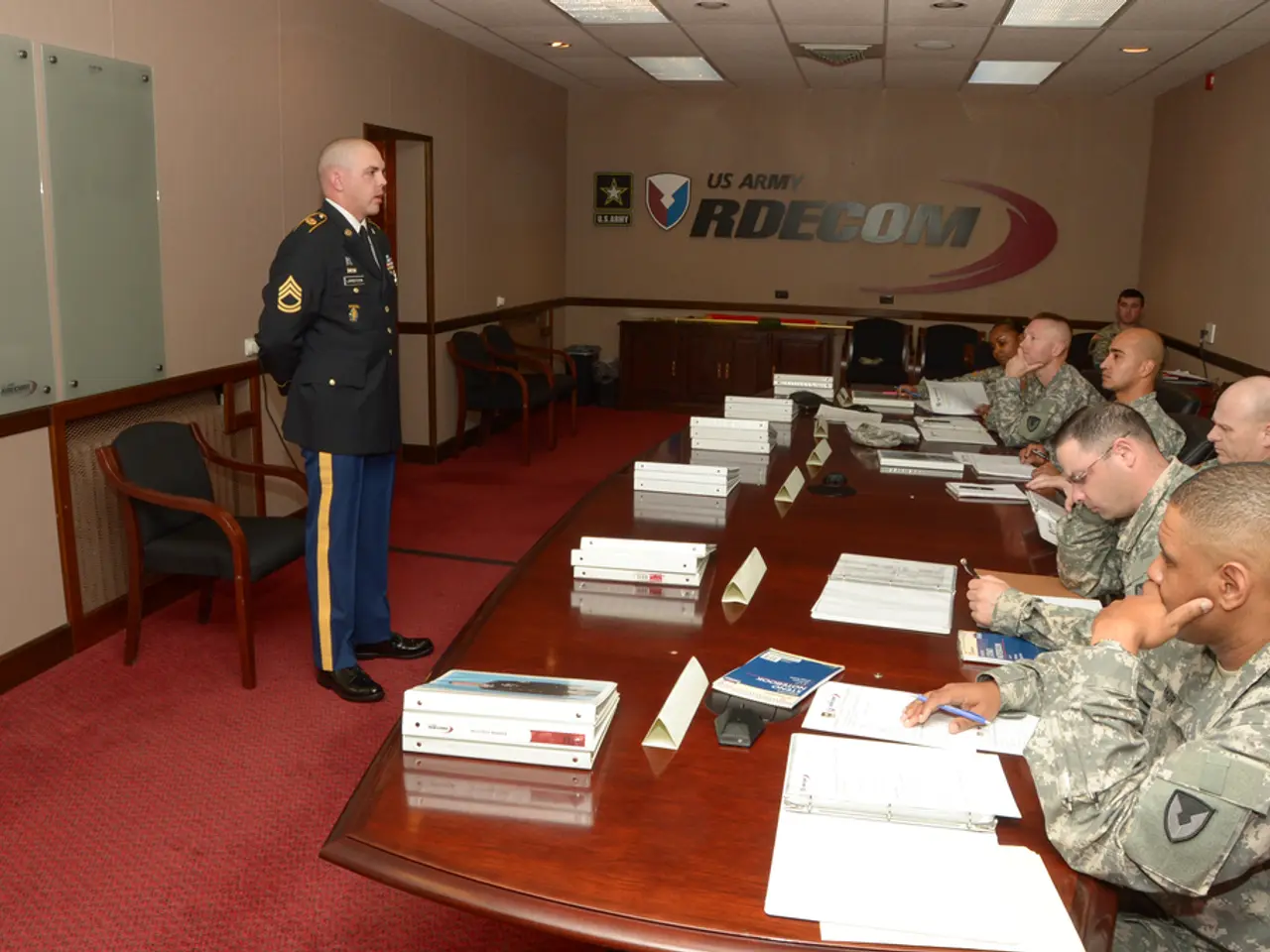Unrestricted Access: Federal Records Centers of the National Archives and Records Administration (NARA)
=================================================================================================================
In the heart of the United States, a network of Federal Records Centers (FRCs) stand as the unsung heroes of history, safeguarding the nation's most precious records. This article delves into the role and significance of these centres, as outlined by Tara E.C. McLoughlin in the Spring 2008 edition of Vol. 40, No. 1.
After the devastating hurricanes Katrina and Rita in 2005, the FRCs played a crucial role in the recovery efforts. The centres in Fort Worth, Texas, assisted in the restoration of federal records damaged by the storms, underscoring their importance in times of crisis.
As digital records become increasingly common, FRCs have adapted to meet the growing need. They are developing services to help federal agencies store and preserve their electronic records, a testament to their forward-thinking approach.
The FRCs boast unique capabilities, such as limestone mines in Lee's Summit, Missouri, and Lenexa, Kansas, which have been retrofitted to store federal records. These facilities offer natural climate controls, ensuring the longevity of the records they house.
Over the years, the holdings in FRCs have steadily increased, and the system has opened new facilities in Lenexa, Kansas; Dayton, Ohio; Atlanta, Georgia; Riverside, California; and Fort Worth, Texas. These centres store a diverse range of records, from tax returns and military records to blueprints of federal buildings, cancelled checks, bankruptcy court records, inmate files, and maps of national parks.
In 2007, NARA opened two electronic records vaults at the FRCs in Suitland, Maryland, and Fort Worth, Texas. These vaults feature advanced fire suppression systems, strict environmental controls, and multiple levels of security, further emphasising the commitment to preserving these valuable records.
The FRCs serve over 400 federal agencies and fulfil an average of 13 million reference requests a year. They offer rapid delivery services, such as the FRC Metro Courier and the new SmartScan service, which delivers scans of records via email.
Approximately 95% of federal records are temporary records, with retention schedules varying widely, ranging from a few months to more than a century. Some federal records can be accessed by the public under agreement with the owning federal agency, including federal court records held by FRCs, such as files from U.S. bankruptcy courts, the U.S. court of appeals, and U.S. district court civil and criminal files.
The National Personnel Records Center (NPRC) in St. Louis, Missouri, is a key component of the FRC system. It stores and services personnel records of former members of the military and civil service. During the aftermath of the hurricanes, the NPRC instituted special procedures to identify and give priority processing to requests from affected veterans, helping them rebuild their lives.
The FRCs have been supported entirely by fees they charge to other agencies since October 1, 1999, and have operated successfully every year. They are now laying the groundwork for online electronic records services using NARA's Electronic Records Archives (ERA) and developing the Archives and Records Centers Information System (ARCIS), an online portal that will automate and streamline workflow.
New facilities are planned in St. Louis, Missouri, and Denver, Colorado, as the FRC system continues to grow and adapt to the needs of federal agencies across the nation. The FRCs have served the federal government and the citizens of the United States for over 50 years, and they are changing and growing to ensure that they will continue to protect the information assets of the federal government for generations to come.
Read also:
- Setting Up and Expanding Operations at a Soil Blending Facility
- Surveying the Scene: Legality, Drones, and American Anti-Terror Strategy
- Regional University's healthcare system strengthened through collaborative partnership with Chancellor Dr Fiona Hill
- Reminisced University Trustee David M. Flaum as a 'fervent advocate' for the University and community








